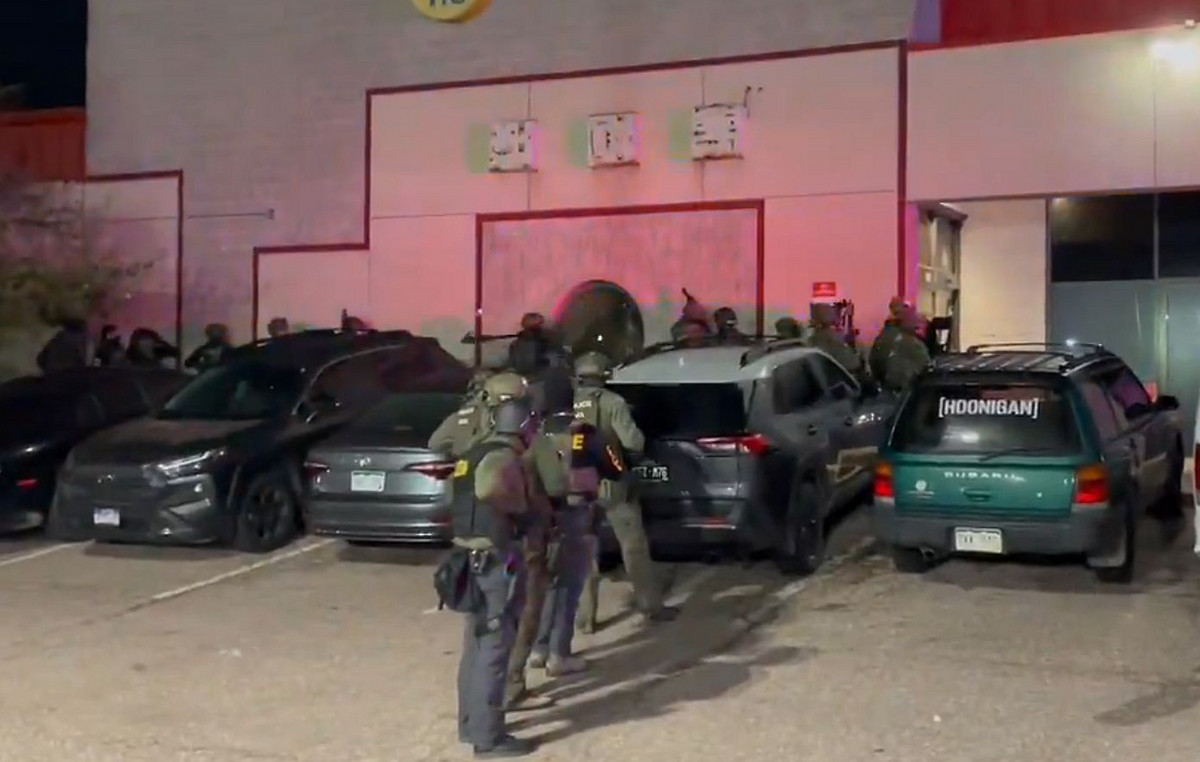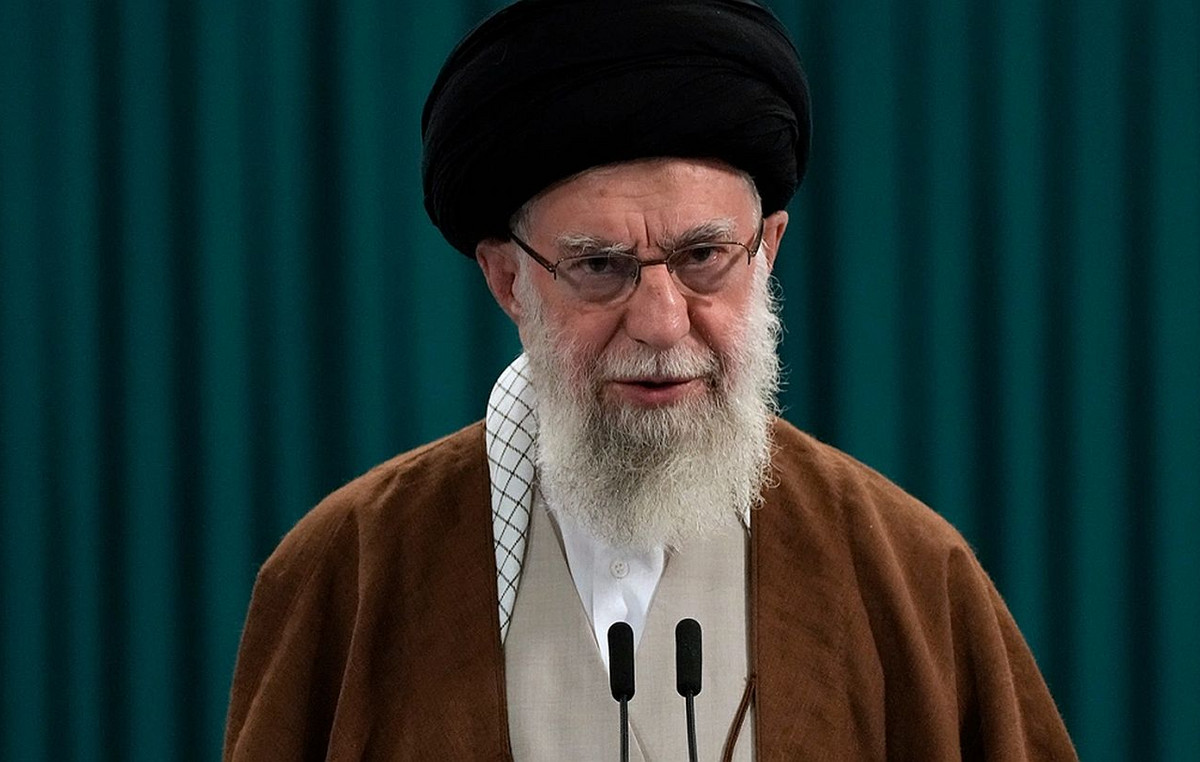At least 11,000 people died in Turkey and Syria as a result of the 7.8 magnitude earthquake that hit the region last Monday (6). According to the World Health Organization (WHO), around 23 million people could be affected by the disaster.
One of these victims is the Brazilian Sabrina, 36 years old, specialist in entrepreneurship and business management. 30 weeks pregnant, she lives in the city of Sanliurfa, Turkey, and told the CNN the first moments of tremors. She asked not to have her last name revealed.
“When the earthquake started, it was 4:15 in the morning. My husband woke me up, hugged me and asked me to stay calm. I didn’t understand at the time, but when I heard the noise and everything falling, I realized what was happening and saw that the wardrobe was going to fall on us. We ran out. We didn’t take documents or anything. We went outside in our pajamas, even though it was very cold”.
After the escape, she and her husband found other relatives. Later, they returned home in search of their passports and other documents. “At that, the building started to sway again. It was seconds that felt like an eternity,” she says.
The Brazilian also reported that, two years ago, she helped people who went through difficulties after an earthquake hit another region: “We slept outside to help other people, because they had nothing. Now, I am going through this situation.”
She also highlights the feeling of uncertainty that affects those affected by the tragedy. “Seeing people again with nothing, in the cold, children and elderly people. There are people who, in addition to the house, have lost relatives. People are desperate,” she says.
According to data from the Turkish government, the White Helmets and the Syrian state media, at least 35,000 people were injured, in the sum of the two countries.
Regarding assistance measures, the entrepreneurship specialist said that the company she works for offered help. In addition, the police and other bodies went to the affected places to take action starting in the morning.
“The government is aware of the help it needs to give. They are doing what they can, because there are a lot of dead people, ”she reports. Among those who survived, fear remains: “We don’t know what will happen, because the earthquakes don’t stop. On the street, we felt the ground move.”
Destruction may continue
For geologist Pedro Cortês, professor at the USP Institute of Energy and Environment (IEE-USP), the uncertainty regarding the next few days can be explained: “In addition to the damage caused immediately, over the hours and subsequent days, we may have the collapse of buildings, problems with gas leaks, lack of electricity and potable water”. He compares this situation to a war zone.
Cortes also explains that earthquakes occur because of tectonic plates, which move against each other. The region where the tremors occurred is home to a portion of the Eurasian plate. It is pressed by the African plate, which tends to crush it, and the Arabian plate also presses on the other side, clarifies the geologist.
“There comes a time when the rocks can no longer withstand this pressure. At that moment, when all this energy is released, there is a tremor, an earthquake. It’s a big ‘fracturing’ of rocks that we have in depth, due to the pressure that the plates exert on each other”, he says.
Source: CNN Brasil
Bruce Belcher is a seasoned author with over 5 years of experience in world news. He writes for online news websites and provides in-depth analysis on the world stock market. Bruce is known for his insightful perspectives and commitment to keeping the public informed.







